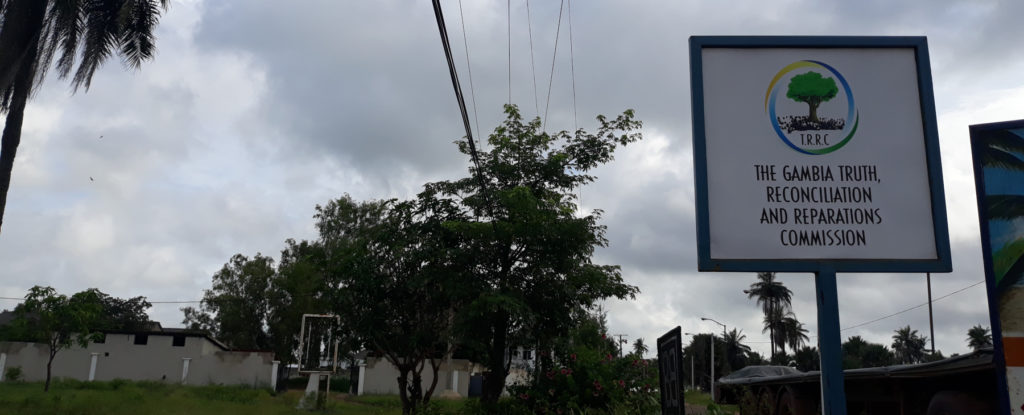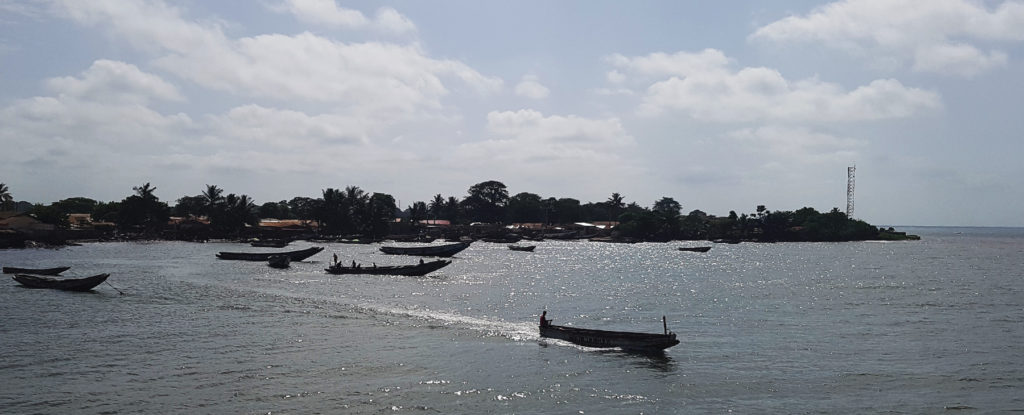Transitional justice: a make or break opportunity for Nepal?
Nepal’s transitional justice mechanisms are in continued tardiness to address the voice and needs of the victims. Could it now regain momentum? On 15 July 2021, the mandate of the Commission on Investigation on Enforced Disappeared Persons, created in 2015, could be extended. An analyse of the issues at stake around this institution, supposed to heal the wounds of the civil war that ravaged the country between 1996 and 2006.

In a report submitted with the help of TRIAL International to the Commission on Investigation on Enforced Disappeared Persons (CIEDP), the Human Rights and Justice Center (HRJC) pointed out the numerous dysfunctions of this transitional justice body, on the eve of the end of the mandate of its commissioners. Starting with the highly politicized and opaque selection of the latter, for which victims’ groups were, once again, not consulted, when the Commission renewed ist mandate in February 2021.
A second shortcoming is the lack of outcomes: since its creation six years ago, the CIEDP has delivered no tangible results. Furthermore, the entire transitional justice process is neither in line with international standards, nor with the position of the Nepalese Supreme Court.
Two scenarios, each riddled with difficulties
On 15 July 2021, the mandate of the current commissioners will come to an end. There are two possible scenarios: either the CIEDP is renewed or it will be dissolved.
The most likely outcome is that the CIEDP will be continued: no decision has been communicated yet, but there are indications in this sense. In this event, the HRJC has issued a series of recommendations pointing to its ineffective and inadequate consultations with the Victim’s groups; its failure to deal adequately with registered complaints. The report recommends instead that the Commission consults with victims and establishes a reliable mechanism for their protection, clarifies the role and relationship of the CIEDP with other judicial actors in Nepal, refers cases to the Attorney General and, above all, aligns its legislative framework with international standards.
If, on the other hand, the CIEDP is dissolved on 15 July, the Commission will have to publish the status of the works conducted to date, and issue recommendations with regard to the investigation, prosecution and sanction of those responsible for gross human rights violations as well as the measures of reparation to victims. It is essential that the CIEDP safeguards and protects the evidence collected, to prevent information on victims and witnesses from falling into the wrong hands.
Notwithstanding whether the mandate of the CIEDP will be renewed for an additional term or not, the CIEDP shall develop a task force group within its members to study the measures of reparation indicated by the UN Human Rights Commitee (HRC) in its Views on cases of enforced disappearance in Nepal. It will also have to prepare a list of recommendations to be made to the pertinent Nepalese authorities to implement the decisions of the HRC, clearly identifying the governmental institutions in charge of implementing each of the measures.
The upcoming 15 July could be a turning point for Nepal, an opportunity to address issues that have lingered for years. Whatever the outcome, it is time for Nepal to engage in a credible transitional justice process that provides truth, justice, reparations, and guarantees of non-repetition to all victims of the conflict.












